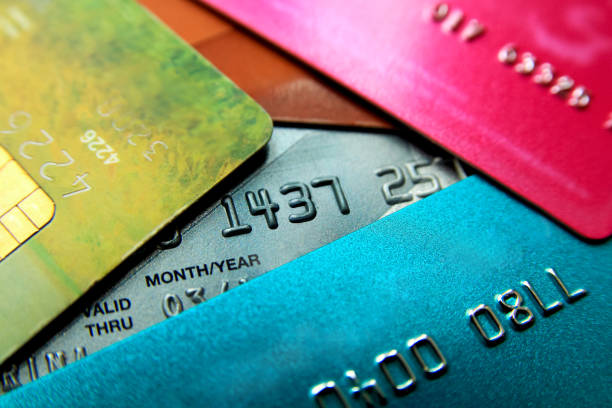
High risk merchant account is a payment processing agreement customized to fit businesses which are considered to be high risk or operating in an industry that’s considered as such. In most instances, what these merchants do is pay for a higher fee to acquire merchant service that adds on their business expenses which impact their profitability as well as ROI. This is strongly felt especially among companies that were reclassified as being in high-risk industry and weren’t prepared to deal with the associated cost of operating as high risk merchant.
But don’t worry because there are also many different companies that have specialization with high risk merchants by means of offering clients with competitive rates, lower reserve rates and/or faster payouts. Of course, these are meticulously studied in an effort to increase interest.
Businesses operating in different industries are assessed for the nature of industry they are in, the method that they use to operate and host of other factors. So as an example, adult businesses are seen high risk in operation like bail bonds, car rentals, legal offline and online gambling, travel agencies, collections agencies and many other businesses in the offline and online arena. And due to the reason that it is riskier for banks and financial institutions to process payments for the said companies, it mandated them to sign up for a high risk merchant account. So in comparison to the typical merchant accounts, this carries different fee schedule.
As for the merchant account, it’s actually a bank account but in this case, it serves as a line of credit that has allowed the merchant or an individual or a company to receive payments from debit as well as credit cards used by customers. The bank that provides merchant account is called as the “acquiring bank” while the bank that issued the consumer’s card is referred as the issuing bank. Another essential component of processing cycle is gateway. This is handling the transfer of transaction information from consumers to merchants.
It is true that the acquiring bank offers payment processing contract or the merchant may need to open a high risk merchant account together with high risk payment processor. What the payment processor do is collect the funds and send it to the rightful account of acquiring bank.
In terms of high risk merchant account, there will be additionally risks about the integrity of the funds and also, the possibility that the bank may be in charge financially if ever a problem arises. With this being said, the high risk merchant accounts usually include more security measures similar to delayed merchant settlements wherein the bank holds the fund for extended period of time in order to prevent risks of fraudulent transactions.







:strip_icc()/white-house-garage-6b18135f-4b632694e27f45e082d35a37d5b12976.jpg)

